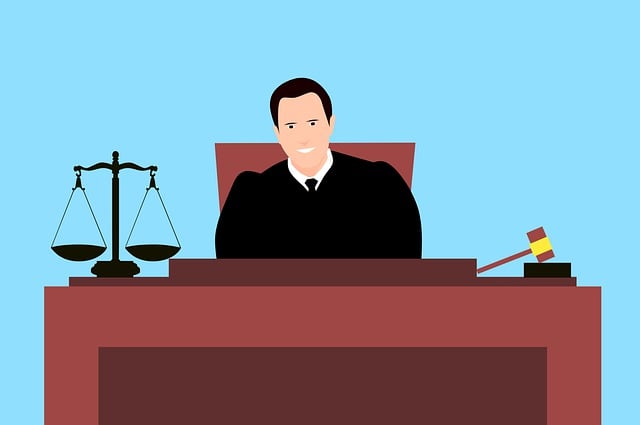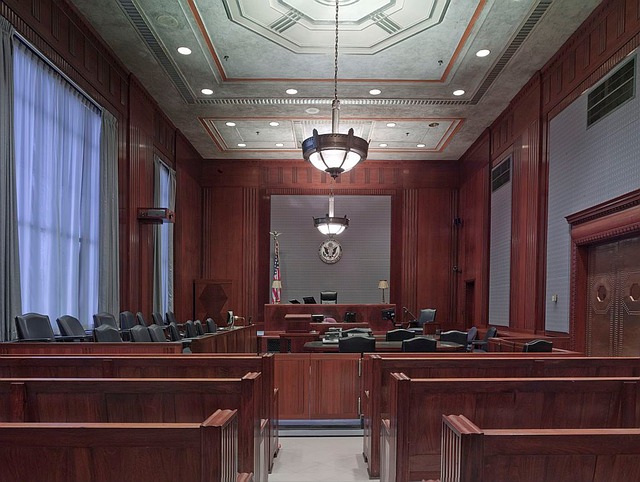In healthcare, understanding defamation laws is key for providers and institutions to protect against lawsuits stemming from inaccurate records or statements. Meticulous record-keeping, clear communication, and factual accuracy are vital. Notable cases highlight the impact of reputational harm and the importance of careful handling to avoid legal repercussions and substantial financial settlements, including Defamation Case Outcomes and Settlements. Proactive measures like stringent protocols, staff training, and open dialogue are essential for risk management and defense strategies focusing on challenging evidence and context. Successful outcomes offer learning opportunities emphasizing patient-centered care and responsible communication.
In the intricate landscape of healthcare, understanding legal issues is paramount. One critical concern is defamation, which can significantly impact professionals and institutions. This article navigates the complex web of healthcare defamation laws, shedding light on notable case outcomes and settlements. We explore practical strategies for prevention and risk management, empowering healthcare providers to protect their reputations and avoid costly litigation. By delving into these legal intricacies, we aim to equip folks with knowledge to foster a culture of ethical practice.
- Understanding Defamation Laws in Healthcare
- Notable Defamation Case Settlements
- Preventing and Managing Legal Risks
Understanding Defamation Laws in Healthcare

In the healthcare sector, understanding defamation laws is paramount to protect both corporate and individual clients from potential legal pitfalls. Defamation cases often arise when false statements are made about a patient’s condition or a healthcare provider’s practices, leading to significant reputational and financial consequences. Healthcare professionals must be vigilant in ensuring accurate record-keeping and communication to mitigate such risks. The focus should be on clear, concise, and factually correct documentation to avoid malicious misinterpretations that could result in costly defamation case outcomes and settlements.
While each case is unique, exploring strategies for defense, including challenging the evidence and context of alleged statements, can help navigate these complex legal landscapes. With healthcare becoming increasingly regulated and scrutinized across the country, knowing one’s rights and responsibilities under defamation laws is essential for both providers and institutions. Moreover, given the nature of white-collar defenses in this sector, proactive measures to uphold ethical standards and maintain transparency are key to preventing and managing potential defamation issues.
Notable Defamation Case Settlements

In the realm of healthcare law, defamation cases have garnered significant attention due to their complex nature and profound impact on reputations. Notable settlements in defamation cases offer valuable insights into how courts and juries interpret and value reputational harm. One prominent example involves a healthcare professional who successfully defended against accusations of medical malpractice, achieving extraordinary results in a jury trial. This case underscored the importance of factual accuracy and the burden of proof in such disputes.
These defamation case outcomes have far-reaching implications for the healthcare industry. They highlight the need for careful communication, accurate record-keeping, and robust dispute resolution strategies. Professionals must be mindful of their public statements to avoid potential legal repercussions. Moreover, these settlements serve as a reminder that even white collar and economic crimes, when coupled with reputational damage, can lead to substantial financial compensations.
Preventing and Managing Legal Risks

Healthcare providers and facilities must remain vigilant in preventing and managing legal risks to safeguard their operations and reputation. One significant area of concern is defamation, which can arise from inaccurate or malicious statements about patients, colleagues, or services. To mitigate this risk, healthcare institutions should establish robust communication protocols and ensure accurate documentation of patient encounters. Regular training for staff on patient privacy and confidentiality is essential to prevent accidental breaches that could lead to legal repercussions.
A proactive approach involves implementing policies and procedures that encourage open dialogue and constructive feedback while discouraging unfounded accusations. In the event of a defamation case, a strong defense strategy may include challenging the evidence, demonstrating truth or public interest in the statements, and providing context to show no malice was intended. Successful outcomes, such as settlements or dismissals, can serve as learning opportunities for the respective business, reinforcing the importance of responsible communication and patient-centered care.
Navigating healthcare legal issues, particularly defamation cases, requires a deep understanding of both industry regulations and civil laws. By grasping the intricacies of defamation, healthcare professionals can mitigate risks and protect their reputations. Notable defamation case outcomes and settlements serve as powerful lessons, emphasizing the importance of accurate communication and respectful interactions within the medical community. Preventing legal pitfalls through proactive risk management strategies is key to ensuring a safe and positive healthcare environment for all.






